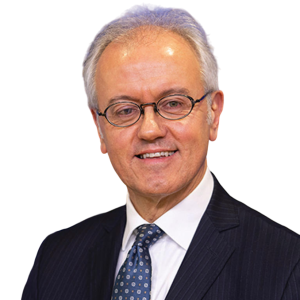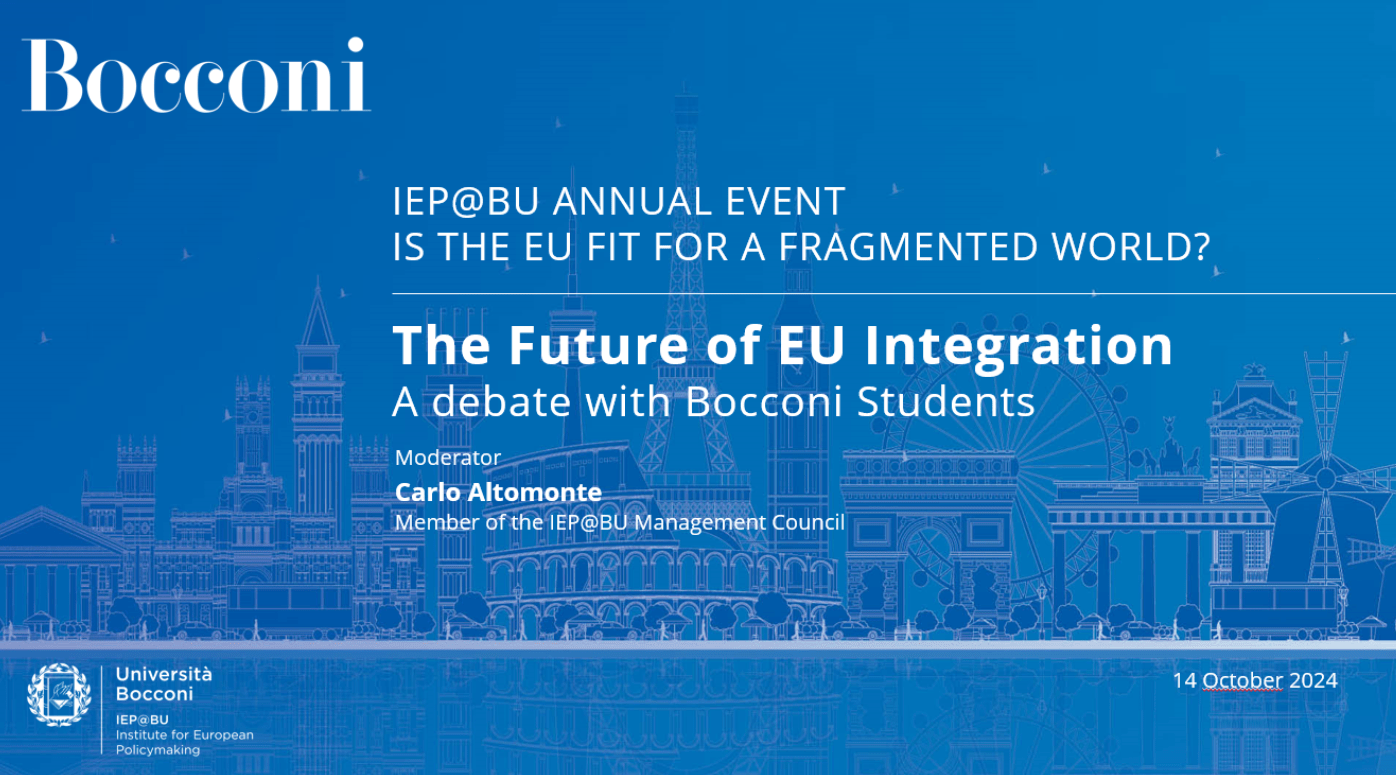Search
The Future of EU Integration – A debate with Bocconi students
The Future of the European Green Deal: Three Potential Scenarios
UniCredit-Commerzbank Deal is Test Case for ECB
Althouse Jeffrey

Biodiversity COP 16: Where EU Member States Stand on National Biodiversity Strategies and Action Plans
Faucher Léna

Buti Marco

Since April 2023, Marco Buti holds the Tommaso Padoa Schioppa chair at the Robert Schuman Centre. Before joining the EUI, Buti was Chief of Staff of the Commissioner for the economy, Paolo Gentiloni. Between 2008 and 2019, he was Director-General for Economic and Financial Affairs at the European Commission. Moreover, he has been the Commission Finance Deputy at G7 and G20.
A graduate of the universities of Florence and Oxford, he has published several books over the last two decades as well as many scholarly articles and policy papers on Economic and Monetary Union, the political economy of European integration, fiscal policies and policy mix, unemployment and welfare state reforms, the EU budget, and global economic governance.
In October 2021, he published the book 'The Man Inside – A European Journey through Two Crises', which revisits the European economic policy design and implementation over the past decade. In April 2023, he published the book 'Jean Monnet aveva ragione? - Costruire l’Europa in tempi di crisi'. In addition, he has recently piloted a research strand on European public goods.
A regular contributor to the daily 'Il Sole 24 ore', he is also a Senior Fellow at Bruegel and a member of the CEPR Research Policy Network.
Morgane Gonon

Morgane Gonon is a PhD candidate in ecological economics at the CIRED (Centre international de recherche sur l'environnement et le développement). Her research focuses on North-South financial flows for biodiversity and ecosystem restoration. Her interdisciplinary background spans economics, political science, public policy, and law. She is an associate researcher at the French Development Bank and a World Bank C3A Program's Nature Transition Hub member.

